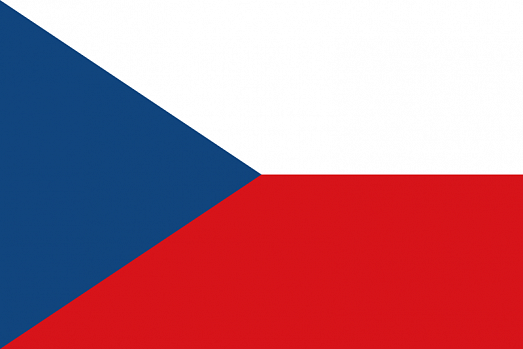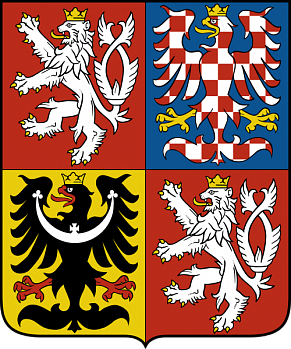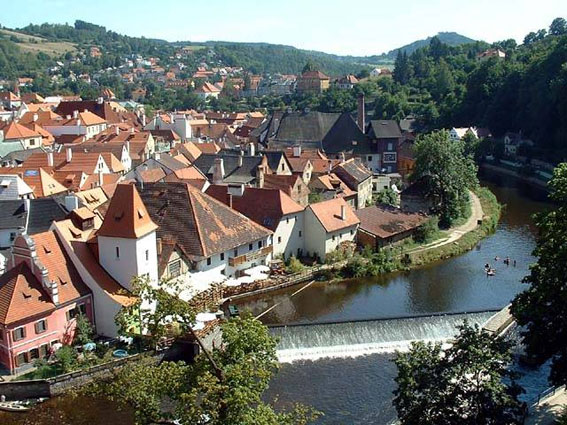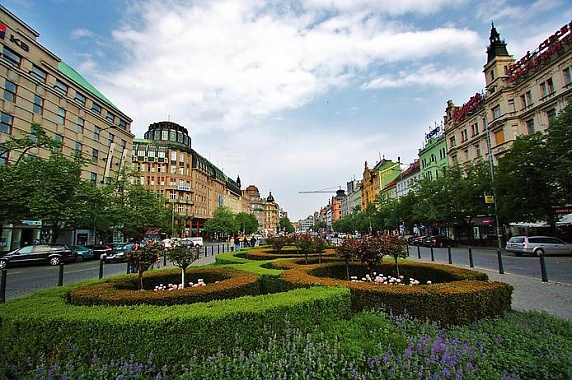 Чешская Республика
Чешская Республика
Foreign Ministry Spokeswoman Maria Zakharova’s comment on the outcomes of the election to the European Parliament
Elections to the European Parliament (EP) were held in 27 EU member states from June 6 to June 9, following which a new 720-seat EU representative body will be formed and remain operational during the next five years.
Notably, the European elections were held amid stringent restrictions, lack of fair competition, and the mopped-up information space that had no place for alternative sources of information, as well as unbridled anti-Russian campaign. The political forces opposing the mindless confrontation with Russia that is damaging to the EU itself were subjected to discrimination, and frequently to outright pressure and harassment.
This election campaign went beyond the pale in terms of absurdity and irresponsibility of the remarks made by EU politicians. Every time the EU bureaucrats spoke about the European elections, they mentioned the “Russian trail,” Russia’s “interference,” and the “hidden hand of the Kremlin,” as well as the importance of “Ukraine’s victory” in the “war against Russia.”
Moreover, under the banner of countering the alleged “Moscow’s interference” in the EU’s electoral processes, systematic efforts were undertaken to prevent the political parties that uphold the true interests of the EU member states and their people rather than those imposed by Washington from strengthening their positions in the EP. Any disagreement with the policy pursued by Brussels or its consequences for the socioeconomic situation in the EU was instantly equated with “working in the interests of the Kremlin.”
Observation of the EP elections, if any, was of a purely token nature. There were only 19 observers in the OSCE ODIHR special mission which recognised the European elections’ compliance with all standards.
However, even under these circumstances, many European voters clearly voted against the EU mainstream policy pursued over the past several years. Voting in a significant number of the EU member states took on a distinctly protest nature which could be seen from the support for the opposition parties and a tellingly low turnout. A significant strengthening of the positions of the nationally-minded political forces that oppose the erosion of national sovereignty and identity and the replacement of traditional values with neoliberal approaches could be seen in the leading EU member states, including the ones that stood at the origin of European integration.
Disappointed with the EU policy, voters in the Baltic States have essentially disregarded the elections. In Latvia and Estonia, just over a third of registered voters showed up at the ballot boxes. In Lithuania, the turnout was under 30 percent. The situation was not much better in other countries with a particularly vocal anti-Russian stance, such as Poland, Finland, and the Czech Republic.
However, judging from the reaction of the EU mainstream forces which, by hook or by crook, managed to obtain a total majority of seats in the new EP, they are not going to draw the correct conclusions. As a matter of fact, no one was expecting it, because the EP has long ago turned into a body that serves the interests that have little to do with the aspirations of ordinary Europeans. They are more used to listening to the orders coming from overseas and the wishes of transnational companies, including the military-industrial complex.
Over the past several years, the EP’s confrontational stance towards our country has degenerated to an unprecedented level of hostility. This institution, which produces endless anti-Russian texts, has discredited itself and become an openly Russophobic entity that welcomes all sorts of sketchy characters on the fringes of society who refer to themselves as the “Russian opposition” and even extremists and terrorists.
The “ideological basis” for continued support of the EU’s self-destructive political course driven by Russophobia has been preserved following the elections to the European Parliament.











